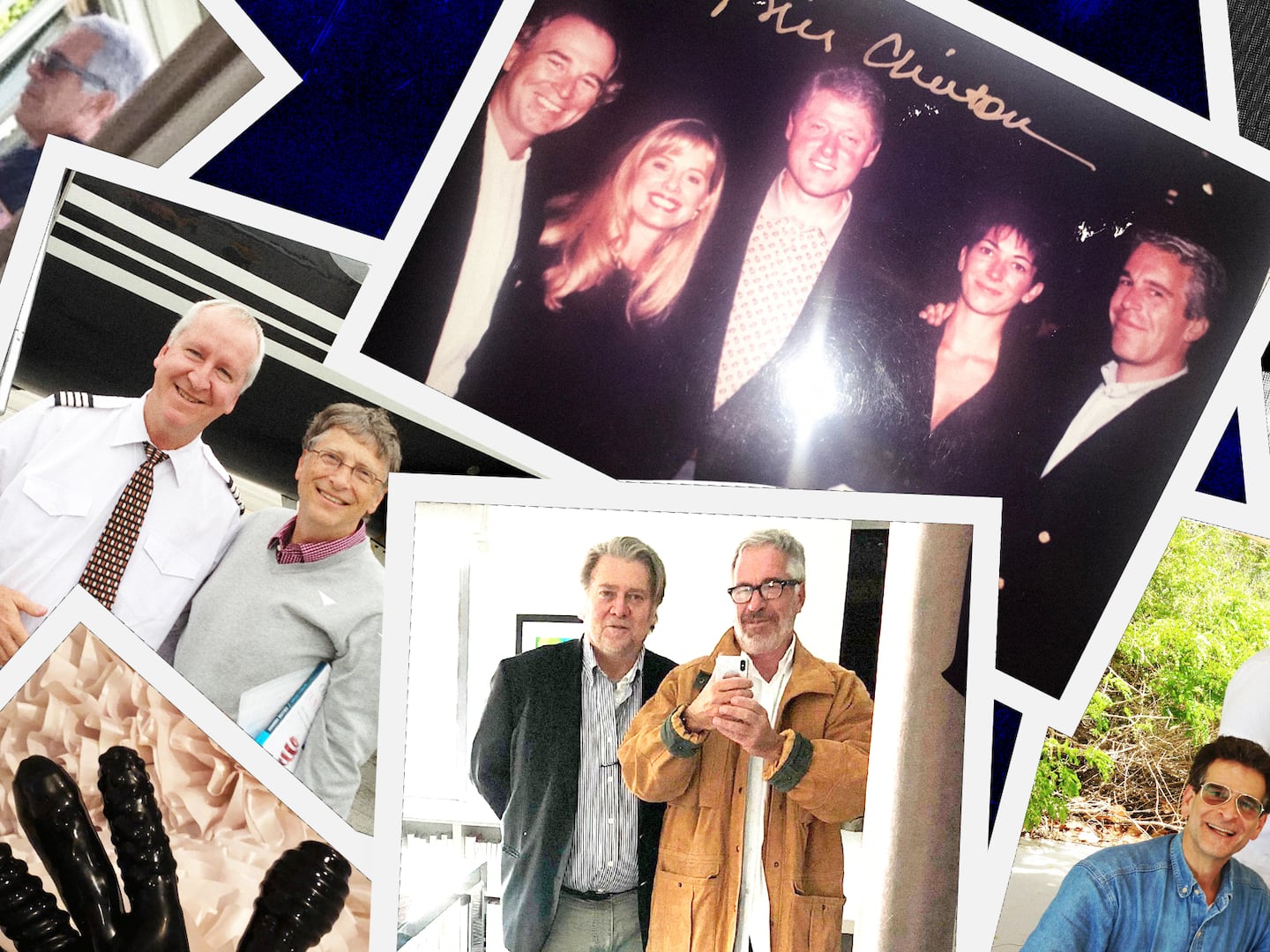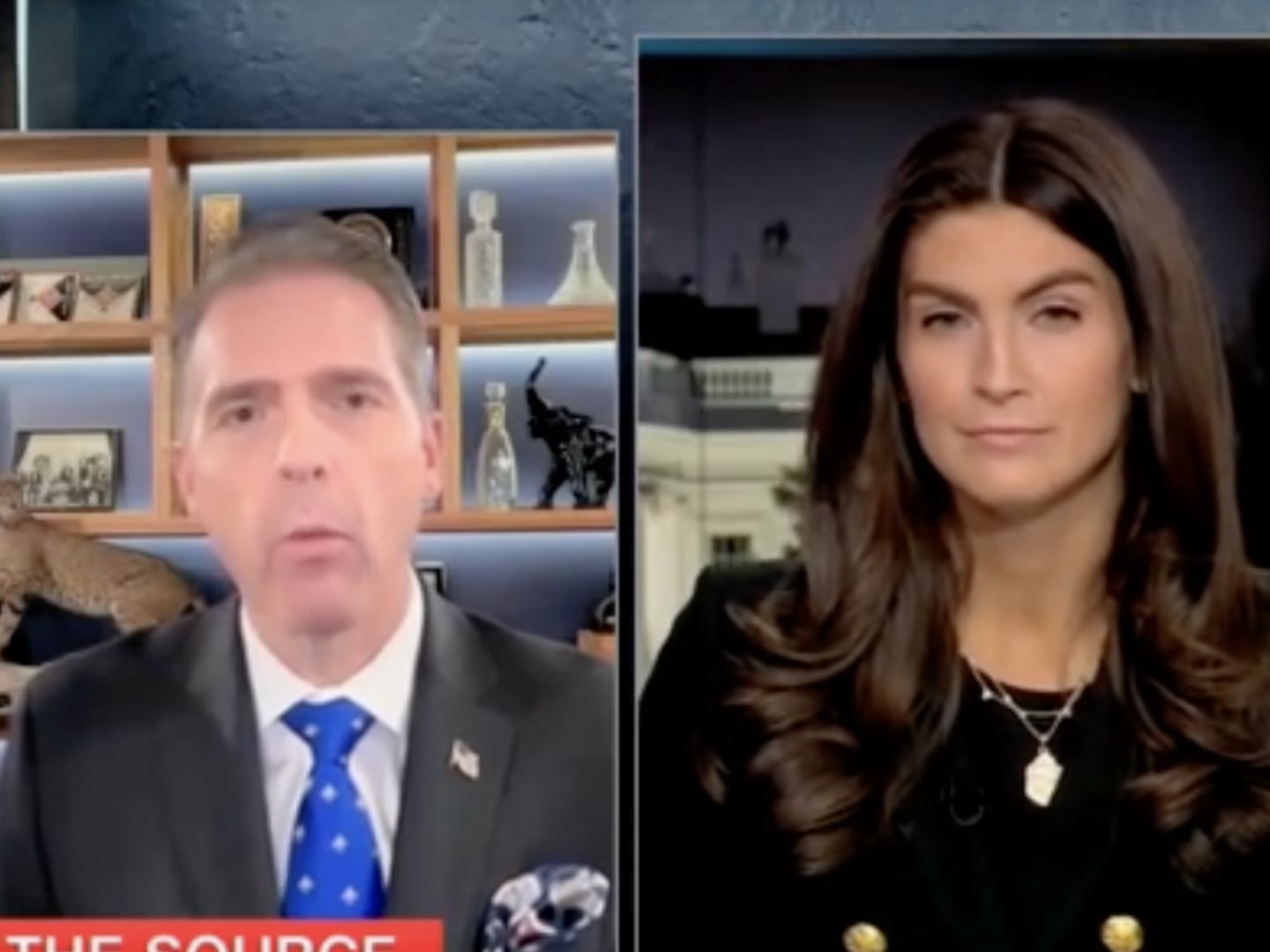Three sharing economy apps are on the receiving end of cease and desist letters from San Francisco District Attorney Dennis Herrera. MonkeyParking, the primary target, allows drivers to alert others when they’re about to leave a parking spot. Fellow drivers can then bid on the newly unoccupied one, promising up to $150 per month in profit for parking spot rentals. Any chance to make money is valuable in a city that is consistently voted as the most expensive in the country, right?
That’s completely wrong according to SFPD Code 63, which states that “it shall be unlawful for any person, firm or corporation to enter into a lease, rental agreement or contract of any kind, written or oral, with or without compensation, for the use of any street… As an alternative to any other fines or penalties applicable to a violation of this section, any person, firm or corporation who is in violation of this section shall be subject to an administrative penalty not to exceed $300 for each violation.” That penalty price jumps nearly 10 times as much when California’s Unfair Competition Law comes into play.
MonkeyParking CEO Paolo Dobrowolny is receptive to working with the city if it means keeping his app a fixture in San Francisco and his home city, Rome. “I am following Uber vicissitudes all over the world to bring a valuable service to people who would love to use it, yet are having trouble disrupting old regulatory frameworks. In Italy, for example, Uber is currently under attack from the institutions exactly in the same way as MonkeyParking is in SF,” Dobrowolny explains.
“It is probably the normal path to be followed and I totally agree with Travis Kalanick’s [CEO and co-founder of Uber] approach,” he says. “[Kalanick] gets into the local regulatory framework, explains the reason why Uber could bring a new valuable service and above all lets people talk for him. If people from Rome want Uber to exist they just succeed in the end. We are working to do the same with our MonkeyParkers,” Dobrowolny says.
According to Dobrowolny, MonkeyParking launched in SF last April, just four months after he’d moved to the city to test its efficacy in the area. Ask any city transplant and they’ll tell you a third of a year isn’t nearly enough time to absorb the cultural nuances of a region, much less pay careful attention to its laws. It’s most certainly why a recent campaign to bring Uber to New Orleans has been nearly twice as long in the making. A quick search of #NOLANeedsUber yields a mixed bag of die-hard fans of the alternative to cabs, as well as equally passionate dissenters who see little value in Uber unveiling only its luxury car service (instead of the more affordable Uber X).
When it comes to arguments about micro-task and -rental apps, a particularly universal point seems to be globalization through systemic overhaul. Sharing-economy supporters see services like Uber, MonkeyParking, and even Airbnb as ways to disrupt the currently ineffective system, though their attempts are firmly targeted at a demographic with a disposable income—and with little regard for the underserved communities that they’re affecting.
The greatest disrupters in that regard appear to be micro-rental apps like Airbnb. Many tend to take a “not in my backyard” mentality, as with San Francisco writer Alyssa Pereira, who has used the service in “Paris, Strasbourg, Zurich, and Venice Beach. I love Airbnb, but I think it would be horrible if allowed in SF,” she writes.
Airbnb and its ilk are currently illegal in San Francisco (landlords can evict tenants who are hosts) and have faced similar problems in New York and other large cities. Choosing to speak anonymously rather than risk the ire of a landlord unaware of their illegal subletting, an Airbnb host in New Orleans has this to say: “In the year or so we were in business we usually made a significant chunk of our rent, and in the months around Mardi Gras we made even more. At the least, though, it was welcome spare change and at best it ensured our bills were paid during the lean times.”
The formula of Airbnb driving rent up is essentially this: If tenants believe they can get a ludicrous amount of money to “host” a couple for a particularly busy weekend, landlords and property owners most certainly will follow suit in a quick money grab to pay their mortgage or get more money for further development. This adds to rising housing prices, due to high demand and a seismic shift in the demographic of a neighborhood. That type of disruption isn’t new at all—it’s simply gentrification.
What’s ultimately odd about Airbnb is that it’s not all that revolutionary. Couchsurfer was providing a similar service long before Airbnb hit the market, and was doing it with legitimate sharing in mind (i.e. connecting users with hosts willing to either meet for coffee or providing a couch, room, or space free of charge). Similarly, people have been holding parking spots for friends for as long as parking accommodations have been an issue. It’s all too common to see two trashcans strung together with caution tape to denote a “taken” spot during Mardi Gras in New Orleans, or a lawn chair to reserve a space in Chicago.
But what Dobrowolny and his colleagues have found is that altruism simply isn’t a high enough motivator to establish a sharing service, plain and simple. “We tested a lot of approaches during our trials and that was one of them; it did not work as it does not provide a real value to the driver providing the information about the spot that he is going to leave,” Dobrowolny says. “We know we have to make that moment a valuable moment both to the driver who is looking for parking, and to the one who is leaving from a parking spot. Credits, coupons, and karma are not enough. Even the more enthusiastic karma-driven drivers were not accurate in the information provided during out tests.”
It’s troubling that many involved in the sharing economy see no place for legitimate sharing or affordable options because when they’ve looked to test some of these methods, their user feedback tends to be that of wondering what’s in it for themselves and nothing more. To truly change a problem that spans public services, daily routines, and general amenities, the first step might be as easy as looking past dollar amounts and toward a greater good.






